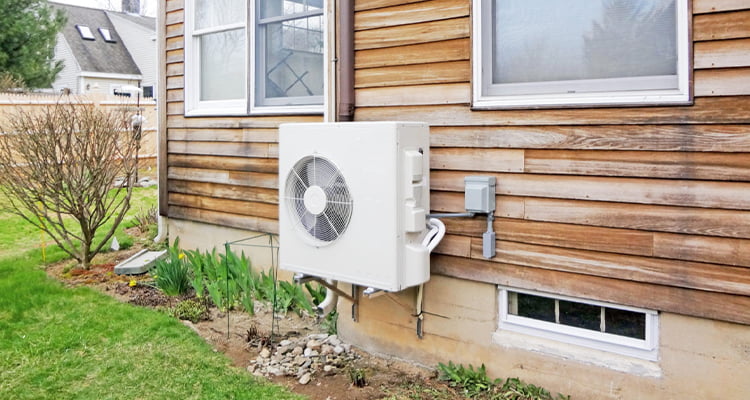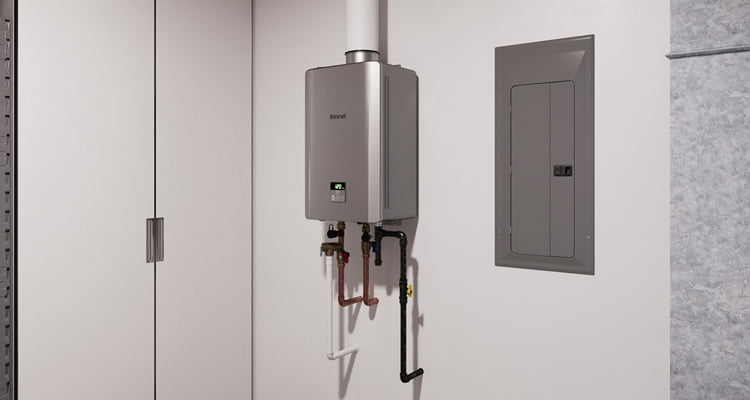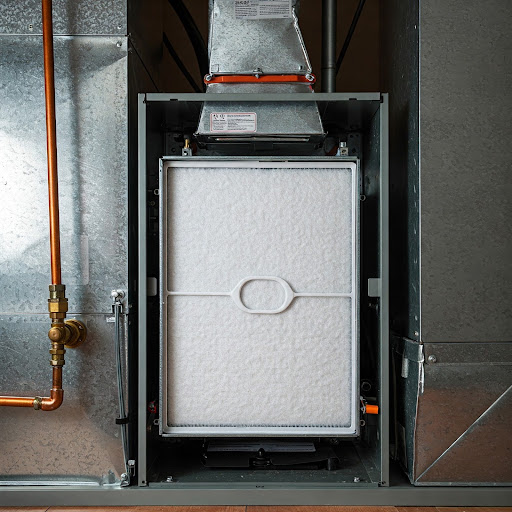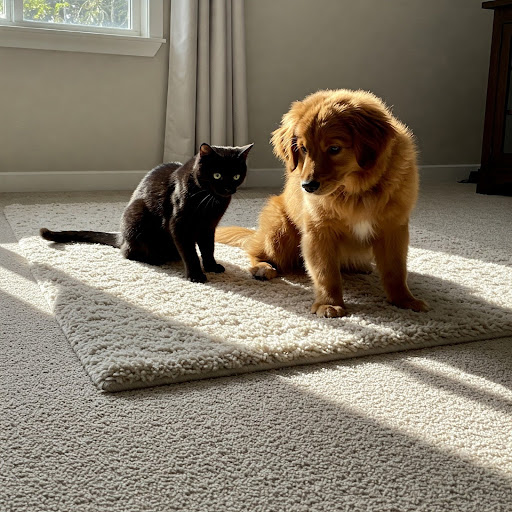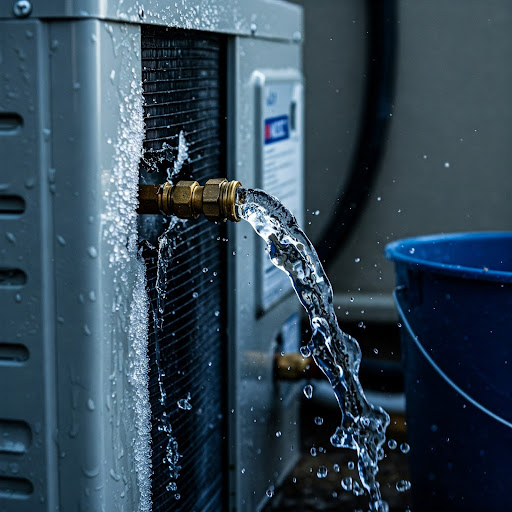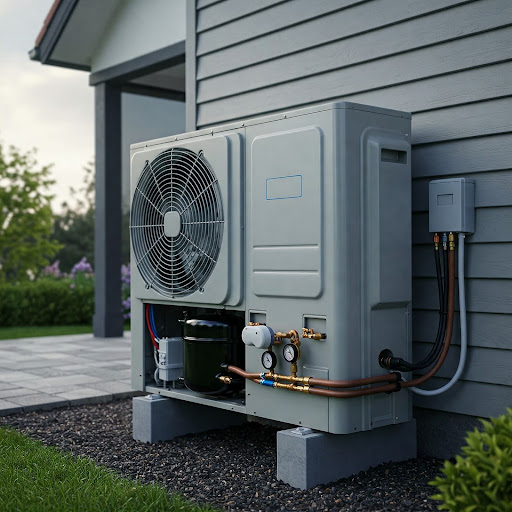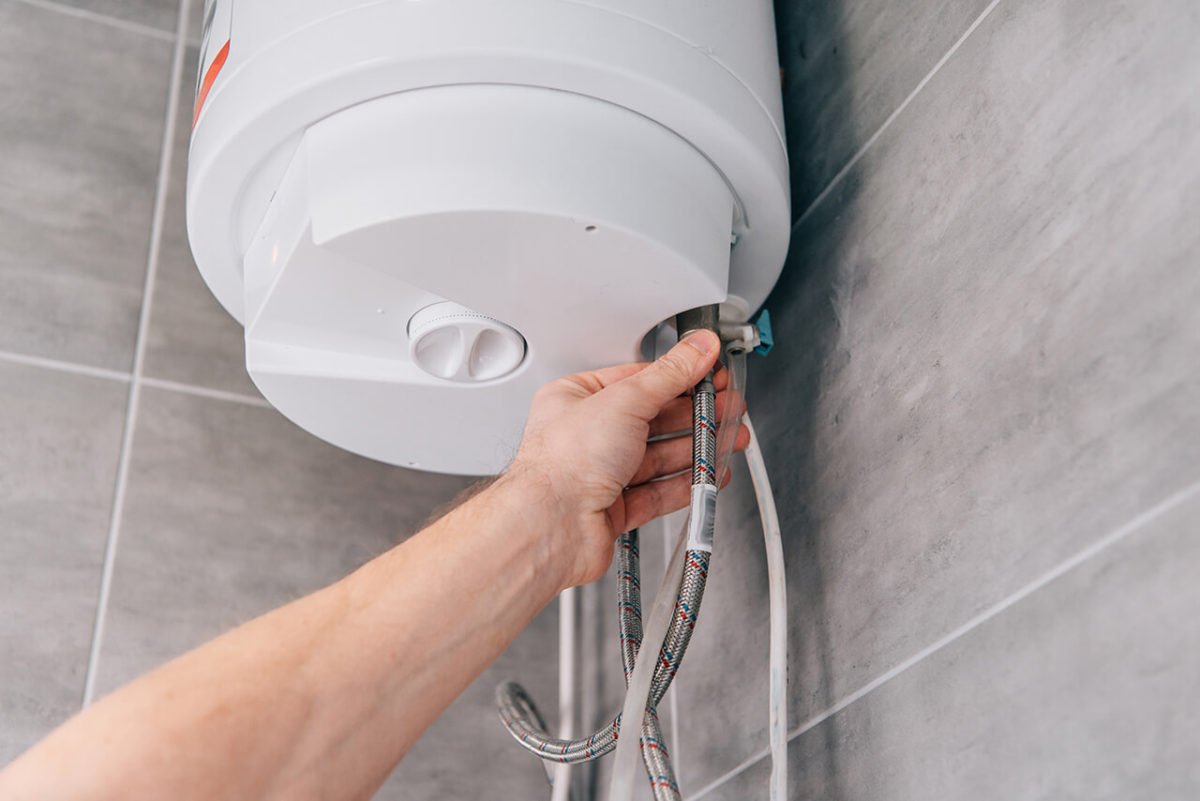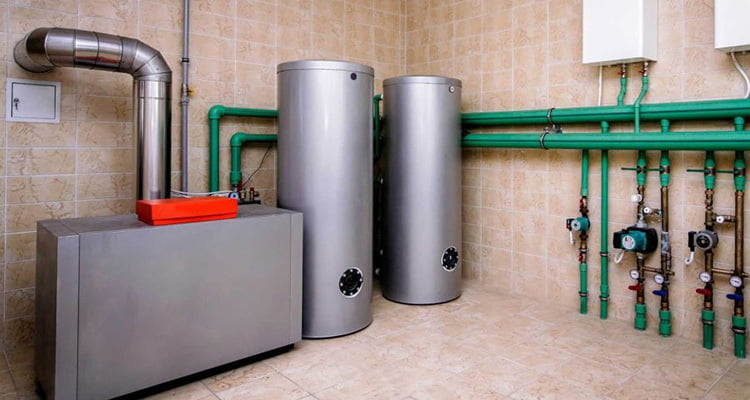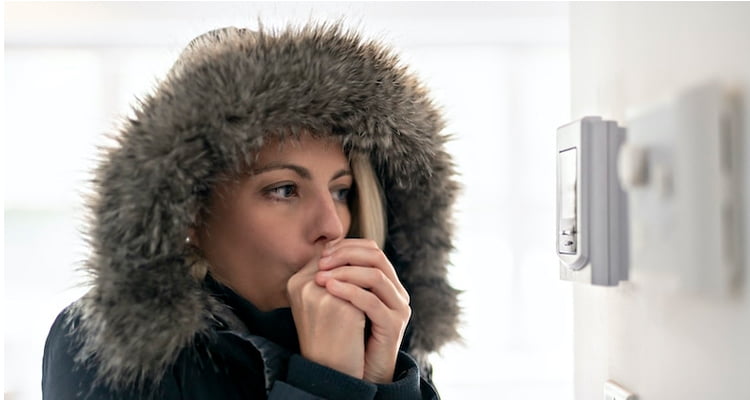Shopping for a new home is exciting—but don’t let beautiful countertops or curb appeal distract you from what’s going on behind the walls. Your potential new home’s heating and cooling systems (HVAC) play a huge role in both comfort and long-term costs. If you overlook them during the buying process, you could be in for unexpected repairs, poor efficiency, or a system that doesn’t suit your needs. Whether you’re a first-time buyer or moving into your next place, here are the most important heating and cooling questions to ask before making an offer.
1. What Type of HVAC System Is Installed?
Start with the basics. Is the home heated with a furnace, boiler, heat pump, or electric baseboard? Does it have central air conditioning, a ductless mini-split, or no cooling system at all? Knowing the system type gives you a sense of how the home is heated and cooled, what maintenance it requires, and whether it’s compatible with future upgrades (like switching to a heat pump).2. How Old Is the Equipment?
HVAC systems have a lifespan. Furnaces and air conditioners typically last 10–15 years, while heat pumps can last up to 20 with proper care. Ask for installation records and see if any components have been replaced or upgraded. An older system isn’t necessarily a deal-breaker—but it may mean repair or replacement costs are coming soon.3. What’s the Home’s Energy Efficiency Like?
Look beyond the appliances themselves—how energy-efficient is the home overall? Ask about:- Insulation levels in the attic and walls
- Window type (single-pane vs. double-pane)
- Drafts or cold spots
- Monthly energy bills (ask for a 12-month average if possible)
4. Are There Any Known Issues with the Heating or Cooling?
It’s important to ask the seller directly if there are any known problems—strange noises, uneven temperatures, persistent maintenance issues. Even if everything seems fine during a walkthrough, you could uncover problems with a simple question. Also: look at the vents. Are they dusty or blocked? Is airflow consistent in each room? Trust your senses.5. Has the HVAC System Been Regularly Maintained?
Well-maintained systems last longer and perform more efficiently. Ask if the homeowner has kept up with routine maintenance like:- Annual furnace/boiler servicing
- Air filter replacements
- Air conditioner or heat pump inspections
- Duct cleaning (if applicable)

